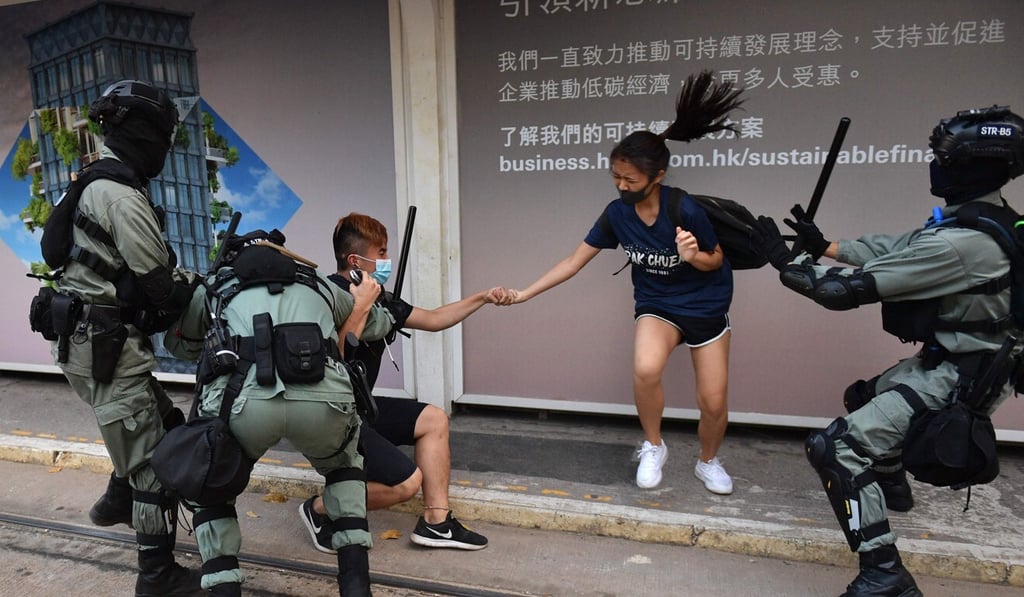Hong Kong mask ban legal when aimed at unauthorised protests, Court of Appeal rules in partially overturning lower court verdict
- Decision also overturns High Court ruling that government’s use of Emergency Regulations Ordinance was unconstitutional
- But masks are allowed at lawful processions and police do not have the authority to physically remove them from violators, judgment finds

A Hong Kong court on Thursday overturned part of an earlier ruling that found the government’s ban on masks unconstitutional, declaring the measure imposed at the height of civil unrest last year valid.
But the Court of Appeal ruled that while it was constitutional for the government to ban the wearing of masks at unauthorised or illegal assemblies, the same was not true for legal demonstrations. Language in the ban granting police the authority to physically remove masks was also unconstitutional, it added.
The three appeal court justices also ruled that the government had the power to invoke the colonial-era Emergency Regulations Ordinance (ERO) in legislating the ban, overturning the lower court’s ruling that such a move would be unconstitutional, even if the city faced a state of “public danger”.

Legal experts, meanwhile, had called for the government to scrap the ban no matter the outcome to avoid confusion, and said the ruling would not affect those wearing masks for health purposes.